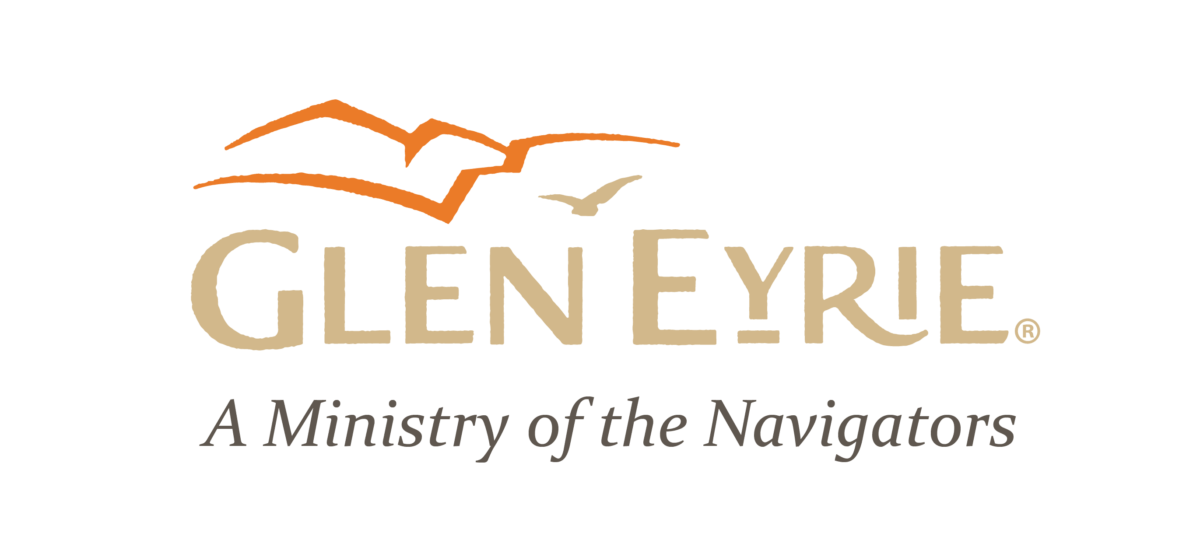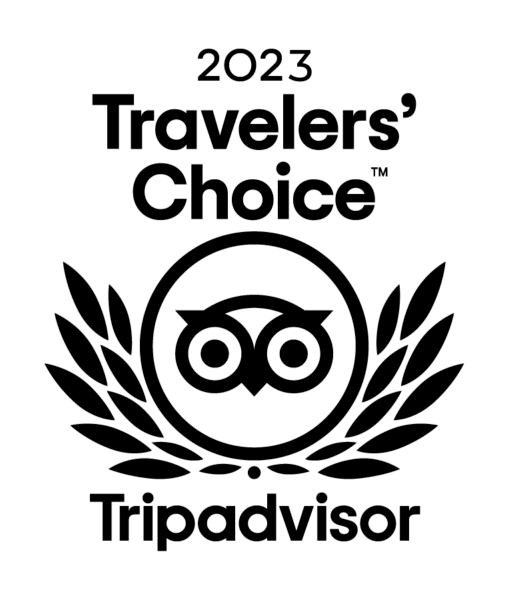The Relational Covenant:
1. Stand Shoulder-to-Shoulder
2. Believe the Best
3. Talk To, Not About
A special series by Jack McQueeney, Executive Director of the Glen Eyrie Group
The Apprentice Approach is a joint discipleship initiative of Glen Eyrie Conference Center and Eagle Lake Camps. Why is this important? Because everything we do flows from our core values and beliefs, not the least of which is The Relational Covenant.
We LOVE The Relational Covenant. It covers every tricky or sticky situation you can find yourself in when in any kind of relationship — including a discipleship relationship — with another Christ-follower.
And we believe in relationships, no matter how messy or miraculous they are. In fact, we believe so deeply in committing to transformational relationships that we choose to live in The Relational Covenant. This covenant is made up of three simple choices, three simple commitments we make to one another. And, because we believe so deeply in the effectiveness of these three elements (and many of you have asked about them), we’re going to spend the next few weeks digging into what each of these mean and how they play out in a disciplemaking (not just work) relationships.
The Relational Covenant:
1. Stand shoulder-to-shoulder (Part 1: What it means // Part 2: In discipleship)
2. Believe the Best (Part 1: What it means // Part 2: In discipleship)
3. Talk to, Not about (Part 1: What it means // Part 2: In discipleship)
We all want to enjoy a meaningful, connected life that has lasting significance and eternal impact. But, how do we do that when relationships can be challenging, messy, and multifaceted?
We choose The Relational Covenant. But, before we dive into each element of The Relational Covenant, let’s set the stage: why value covenant relationships? Because God does. We could go on a long tangent and Bible study on the various types and examples of covenants in the Bible. But, we’ll let you follow that trail on your own over these next few weeks!
Today we just want to introduce you to the dovetail joint.
“The dovetail joint provides considerable mechanical strength because when the joint is assembled, it can’t be twisted or racked. And the shape of the dovetail makes it impossible to take apart in one direction and difficult in the other. This joint stays together — even without glue!” 1

We view covenant relationships like the dovetail joint: strong, very difficult to separate (resilient), requiring no glue or fasteners, standing the test of time, and the sign of true craftsmanship.
We know they are truly transformational, especially when applying our Relational Covenant, and we can’t wait to equip you to pursue connected, meaningful, and fruitful disciplemaking relationships.
“He has enabled us to be ministers of his new covenant. This is a covenant not of written laws, but of the Spirit. The old written covenant ends in death; but under the new covenant, the Spirit gives life.”
2 Corinthians 3:6 (NLT)
Ready to be a minister of God’s kind of covenant relationship – one led by the Spirit and full of life? We hope you’ll dig deep these next few weeks!
Resources
1. Rodriguez, Mario. “All About Dovetail Joints,” Fine Woodworking. www.finewoodworking.com






